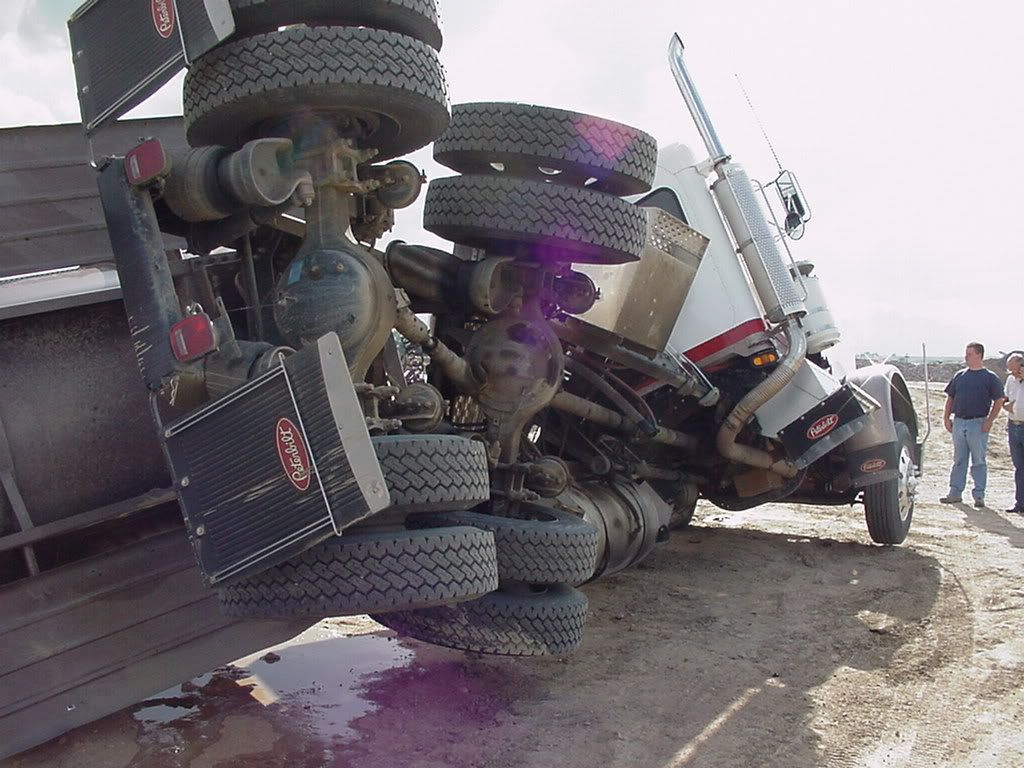Forum Discussion
transamz9
Apr 15, 2016Explorer
STEVEO496 wrote:
A little frame twist never hurt anyone! I think the whole frame twist debate is way overblown. There are advantages to C channel. For one the whole rail is coated inside and out, whereas tubing may not be. I had a car trailer one time that was made out of box tubing and it rusted from the inside out. Also, there's the bend don't break school of thought. Skyscrapers, bridges and ships are designed to flex because if they were too stiff they would break. A good buddy of mine formally (up until December of last year) worked for Metalsa Frame Div., they build truck frames for Ford and others. He told me that Ford and GM have been having trouble with these new super stiff frames cracking. Their "fix" is to put some extra welds in the area where the cracks are known to occur. I understand the thought behind having a stiff frame, better suspension dynamics, less NVH, better handling. Same reason race cars use ultra stiff chassis, but then again race car chassis' are junk after just a few races. I think this is all just marketing hype, JMHO.
The new frames still flex. They flex where the need to flex. The picture that you posted is of a truck that has near zero suspension travel and it also has no bed or sheet metal that it has to protect like a pick-up. It is also designed to stay on pavement unlike a pick up. A pick-up is designed to go off road also so the suspension is what needs to have the flex not the frame. If you run out of suspension then the frame needs to be strong enough to carry a wheel and not destroy the body work. Skyscrapers, bridges and ship are designed to flex just like the new frames. The are designed to flex in a controlled manner. What do you think would happen if a skyscraper flexed more than its design? It would break body parts like walls and windows.;)
About Travel Trailer Group
44,056 PostsLatest Activity: Jan 22, 2026
